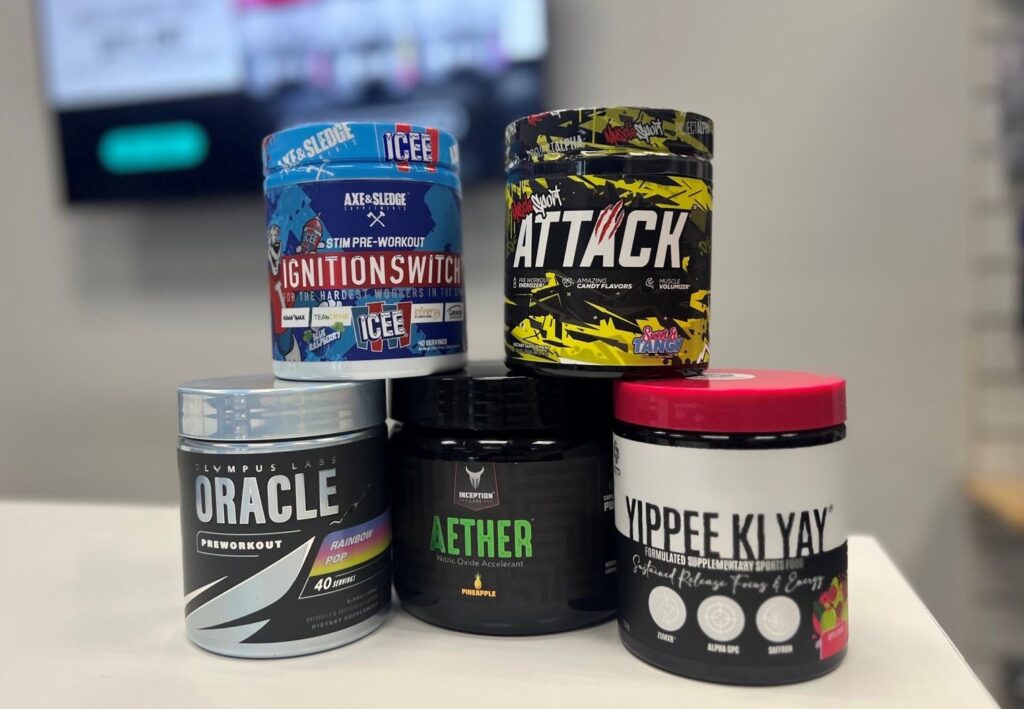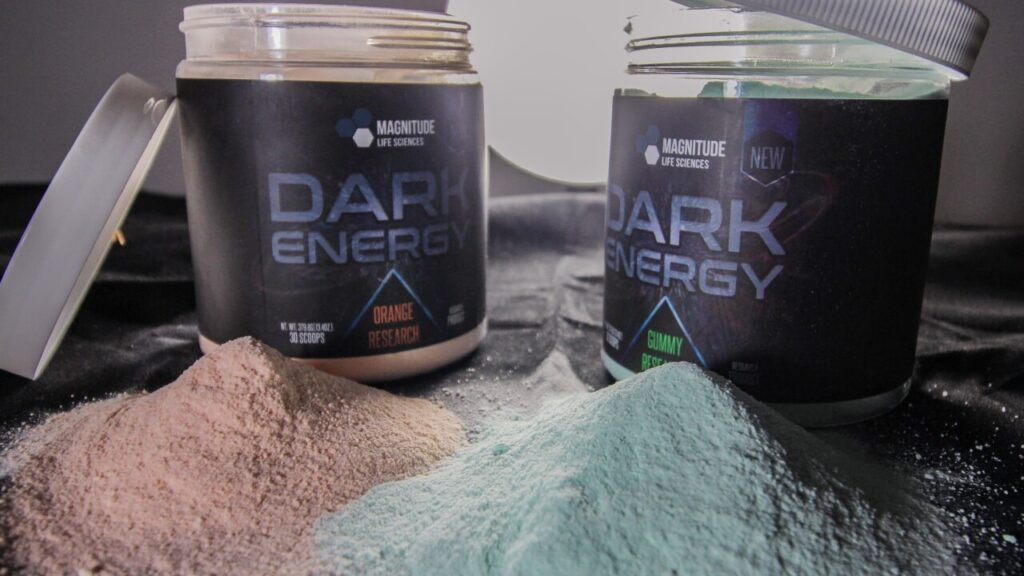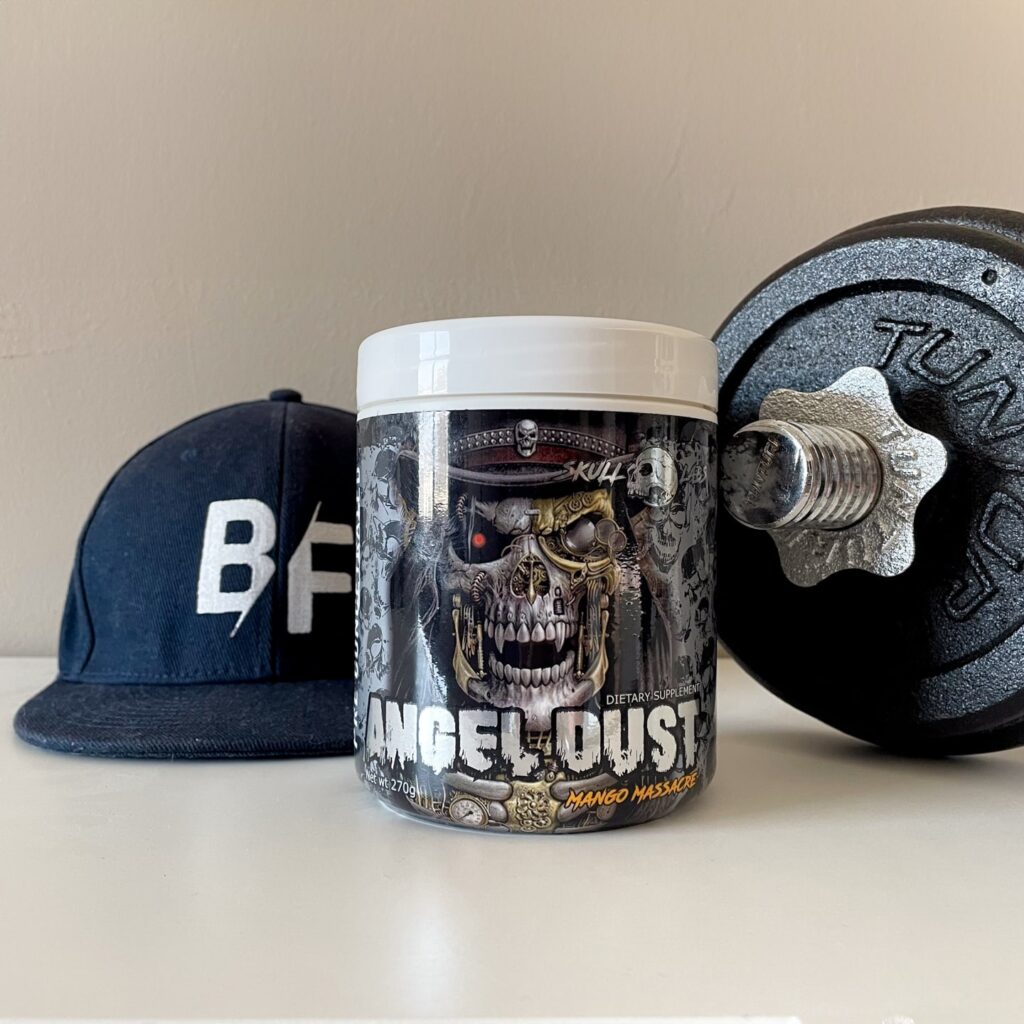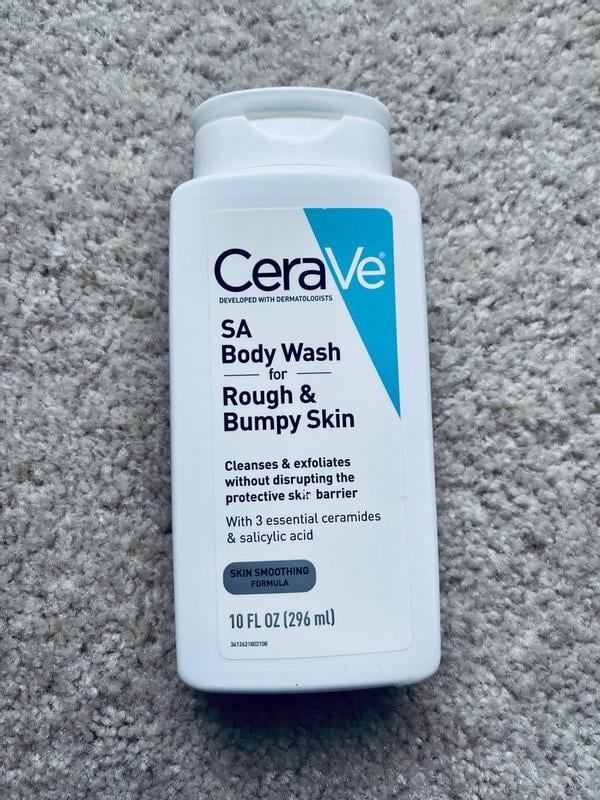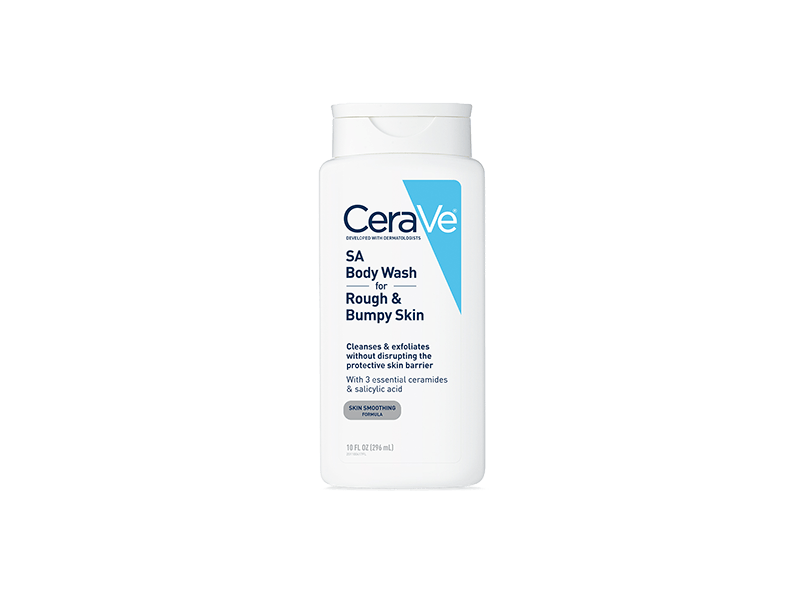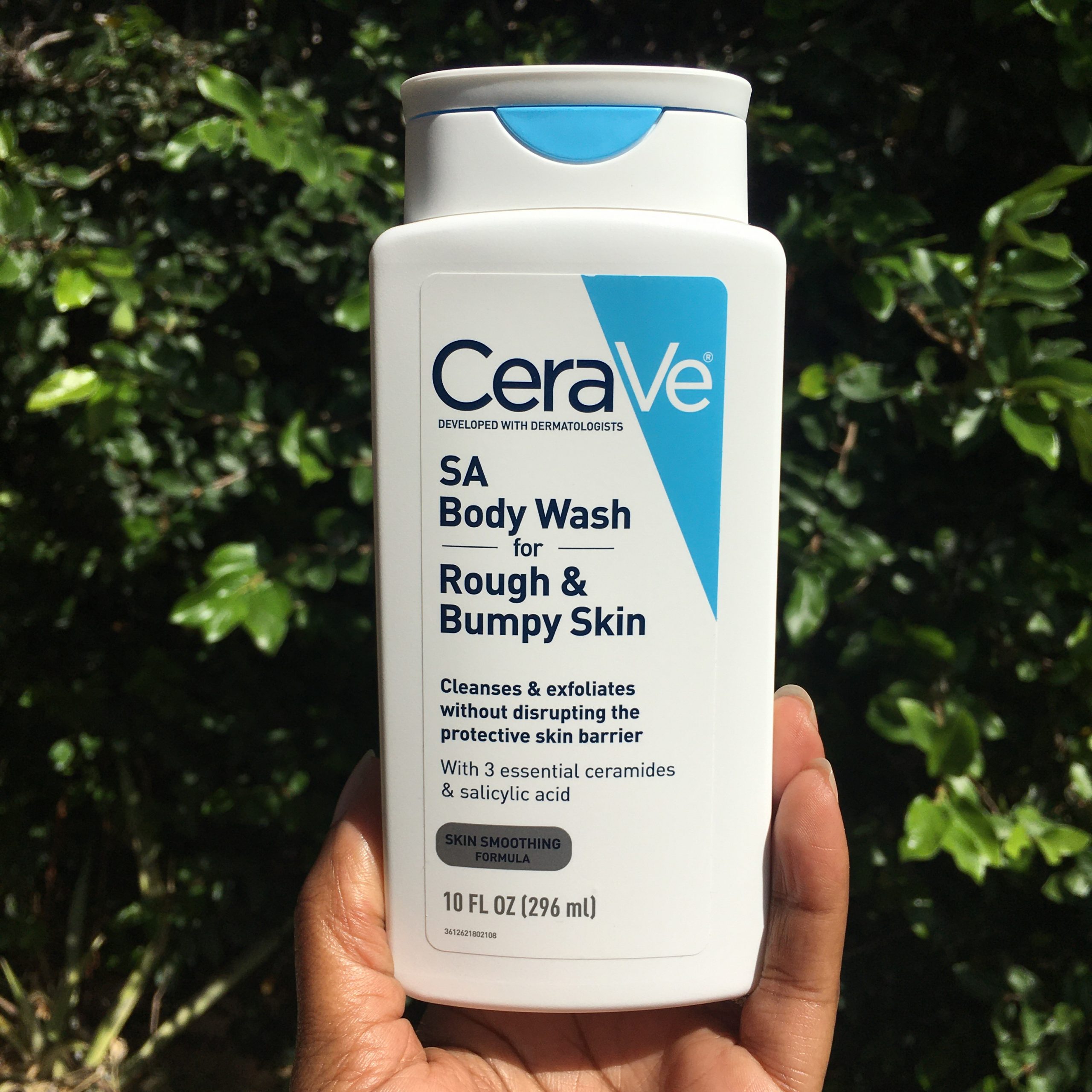DMAA Pre-Workout – When it comes to pre-workout supplements, few ingredients have sparked as much attention—and controversy—as DMAA.
Short for 1,3-dimethylamylamine, DMAA is a potent stimulant that was once a popular ingredient in hardcore pre-workouts. Known for its intense energy boost, tunnel-like focus, and performance-enhancing effects, DMAA pre-workouts have developed a cult-like following in the fitness world.
But with that intensity comes safety concerns and legal complications. In this article, we’ll explore everything you need to know about DMAA pre-workouts: what it is, how it works, potential risks, legal status, and alternatives for those seeking serious performance.
What Is DMAA?
DMAA (1,3-dimethylamylamine), also referred to as methylhexanamine, is a synthetic stimulant originally developed in the 1940s as a nasal decongestant. It shares structural similarities with ephedrine, a once-popular fat burner and stimulant that was banned due to safety concerns.
When added to pre-workout supplements, DMAA provides:
-
A sharp increase in energy
-
Elevated focus
-
A feeling of mental clarity or euphoria
-
Enhanced athletic performance
-
Intense motivation during workouts
Due to its strength, DMAA was quickly adopted by bodybuilders and athletes looking to push their limits during intense training sessions.
How DMAA Pre-Workout Works
DMAA acts as a central nervous system stimulant, similar in effect to caffeine but significantly more potent. When taken, it stimulates the release of norepinephrine and dopamine—neurochemicals that enhance alertness, energy, and mental drive.
Here’s what typically happens after you take a DMAA-based pre-workout:
-
Within 15–30 minutes: You may feel a rush of energy and focus.
-
Within 30–60 minutes: Heart rate increases, blood vessels constrict, and you experience heightened alertness and drive.
-
During training: Many users report pushing harder, lifting heavier, and staying mentally locked in.
However, because DMAA is vasoconstrictive (narrows blood vessels), it may reduce the typical “pump” sensation some athletes enjoy during lifting.
Benefits of DMAA Pre-Workout (According to Users)
Many fitness enthusiasts and bodybuilders praise DMAA-based pre-workouts for their unmatched intensity. Reported benefits include:
1. Extreme Energy
One of the most noticeable effects of DMAA is the surge in energy, which can last for hours. Users often compare it to taking several cups of coffee—without the crash.
2. Laser-Like Focus
DMAA enhances mental clarity and sharpness. It’s ideal for those who struggle with focus in the gym or feel sluggish before evening workouts.
3. Increased Motivation
Some users describe a euphoric or “tunnel vision” effect, which helps push through tough sets and long sessions.
4. Appetite Suppression
Because of its stimulant effects, DMAA is also known to reduce hunger, making it popular among those trying to cut fat while maintaining training intensity.
Common Side Effects of DMAA Pre-Workout
Despite its popularity, DMAA comes with real risks—especially if misused or taken in large doses. Side effects may include:
-
Rapid heart rate (tachycardia)
-
Increased blood pressure
-
Anxiety or jitteriness
-
Insomnia
-
Headaches
-
Nausea
-
Shortness of breath
In rare cases and especially when stacked with other stimulants or fat burners, DMAA has been linked to cardiovascular complications, including heart attack or stroke.
The FDA issued multiple warnings about DMAA-containing products, especially when marketed for weight loss or athletic enhancement.
Legal Status of DMAA
DMAA has had a complicated legal history. It was once found in several over-the-counter pre-workouts and fat burners, but regulatory bodies have since taken action.
United States:
The U.S. Food and Drug Administration (FDA) considers DMAA an illegal dietary ingredient, stating it is not approved for use in supplements. The FDA has issued warning letters and seized products from companies that continue to sell DMAA-based supplements.
Other Countries:
-
Canada, UK, and Australia also classify DMAA as a banned substance in supplements.
-
WADA (World Anti-Doping Agency) includes DMAA on its list of prohibited stimulants.
However, some underground or international suppliers still sell DMAA-based products online. These are often unregulated and may carry additional risks due to lack of quality control.
Is DMAA Safe?
There is no established safe dosage for DMAA in supplement form. Clinical studies on its long-term use are limited, and most safety data comes from isolated case reports.
Combining DMAA with:
-
Caffeine
-
Yohimbine
-
Other stimulants
…can dramatically increase your risk of side effects, including heart complications. People with high blood pressure, heart conditions, or stimulant sensitivities should avoid DMAA completely.
Bottom line: While some users tolerate DMAA well and report strong results, others experience adverse effects after just one dose. It’s a high-risk, high-reward ingredient that’s not suitable for everyone.
Popular DMAA Pre-Workouts (Now Discontinued or Reformulated)
Many top-selling pre-workouts from the early 2010s contained DMAA, but most have since been reformulated due to regulatory pressure. Examples include:
-
Jack3d by USP Labs – One of the most famous DMAA pre-workouts ever made. It was eventually pulled from shelves.
-
OxyElite Pro – A fat burner that also included DMAA and faced scrutiny from the FDA.
-
Mesomorph by APS Nutrition – Originally contained DMAA; newer versions are stimulant-based but DMAA-free.
Legal Alternatives to DMAA
If you’re looking for high-stim energy without the legal and health concerns of DMAA, consider these ingredients:
1. Caffeine (200–350mg)
Still one of the most effective and legal stimulants for energy and focus.
2. DMHA (1,5-Dimethylhexylamine)
Sometimes marketed as a “DMAA alternative,” DMHA is less intense but still potent. It’s also under increasing scrutiny by regulators.
3. Eria Jarensis Extract
A mood-boosting stimulant often paired with caffeine. Offers focus and energy without the crash.
4. Theobromine
A smoother stimulant found in chocolate that can support energy and mood.
5. Synephrine
Another legal compound found in bitter orange that can support fat loss and performance.
Final Thoughts
DMAA pre-workouts deliver some of the strongest physical and mental stimulation you can get in a supplement—but they come with serious risks and are banned in many countries.
If you’re a competitive athlete, DMAA is a no-go due to its prohibited status. For general fitness enthusiasts, the risk may outweigh the reward, especially when there are safer alternatives available.
That said, some individuals still seek out DMAA products for personal use. If you choose to do so, research carefully, start with a low dose, never mix with other stimulants, and understand that you’re using a grey-market supplement.

